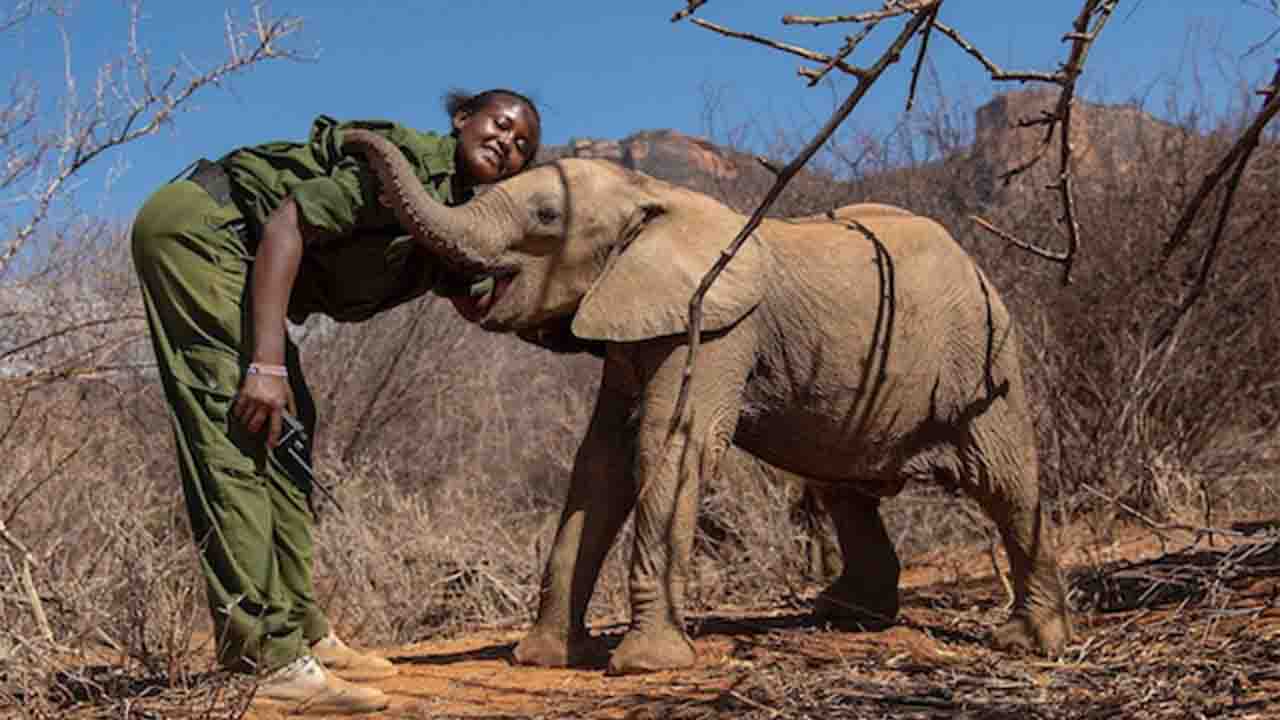Kenya is home to some of the most diverse and iconic wildlife in Africa, including lions, elephants, giraffes, and zebras. However, these animals are facing an increasing threat from climate change.
Climate change is causing changes in rainfall patterns, temperatures, and sea levels. These changes are disrupting the natural habitats of wildlife, making it harder for them to find food and water. They are also increasing the risk of droughts and floods, which can kill or displace animals.
In addition to climate change, wildlife in Kenya is also facing threats from poaching, habitat loss, and human-wildlife conflict. Poaching is a major problem in Kenya, and it is estimated that thousands of elephants and rhinos are killed each year for their ivory and horns. Habitat loss is another major threat, as people continue to encroach on wildlife areas. And human-wildlife conflict occurs when animals come into contact with people, often resulting in the death of one or both.
Kenya is taking a number of steps to address the threats to its wildlife. The government has banned hunting and implemented a number of anti-poaching measures. It has also established a number of national parks and reserves to protect wildlife habitats. In addition, Kenya is working to reduce greenhouse gas emissions and adapt to the effects of climate change.
These efforts are having some success, but much more needs to be done to safeguard Kenya’s wildlife. The government, conservation organizations, and individuals all have a role to play in protecting these precious animals.
Here are some specific examples of Kenya’s conservation efforts:
The Kenya Wildlife Service (KWS) is the government agency responsible for wildlife conservation in Kenya. KWS has a number of programs in place to protect wildlife, including anti-poaching, habitat management, and public education.
The Northern Rangelands Trust (NRCT) is a non-profit organization that works to conserve wildlife and promote sustainable development in Kenya’s northern rangelands. NRCT has a number of programs in place, including community-based conservation, livestock management, and climate change adaptation.
The Lewa Wildlife Conservancy is a private game reserve in Kenya that is dedicated to wildlife conservation. Lewa has a number of programs in place, including anti-poaching, community outreach, and research.
These are just a few examples of the many conservation efforts that are underway in Kenya. With continued commitment from all stakeholders, Kenya can continue to be a haven for wildlife for generations to come.
In addition to the above, here are some other things that can be done to conserve wildlife in Kenya:
- Support conservation organizations that are working to protect Kenya’s wildlife.
- Choose to travel to Kenya on a wildlife safari that supports sustainable tourism practices.
- Avoid buying products that contain ivory or other animal parts.
- Educate yourself about the threats facing Kenya’s wildlife and what you can do to help.
- By taking these steps, we can all play a role in safeguarding Kenya’s wildlife for future generations.








